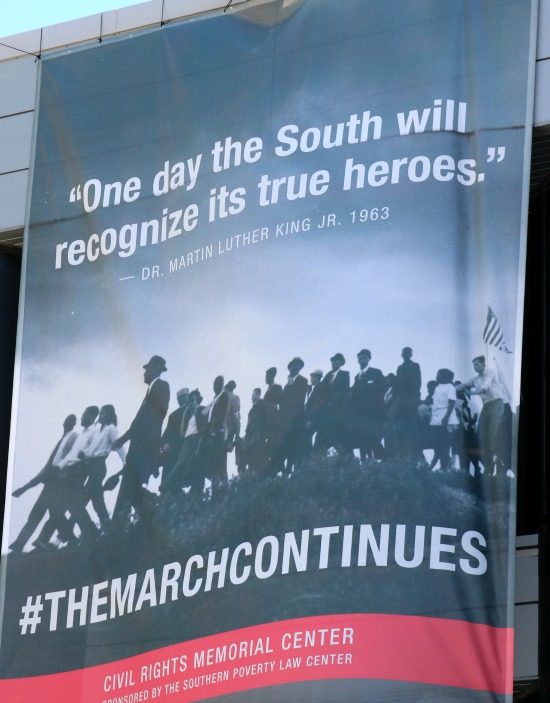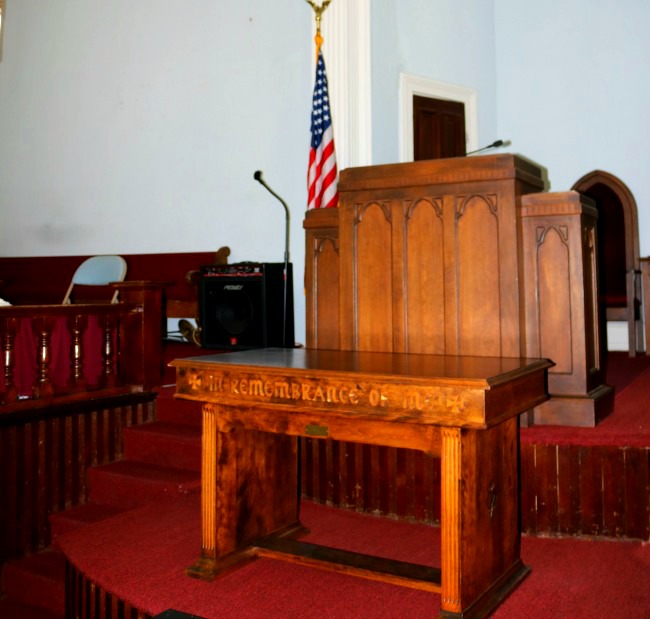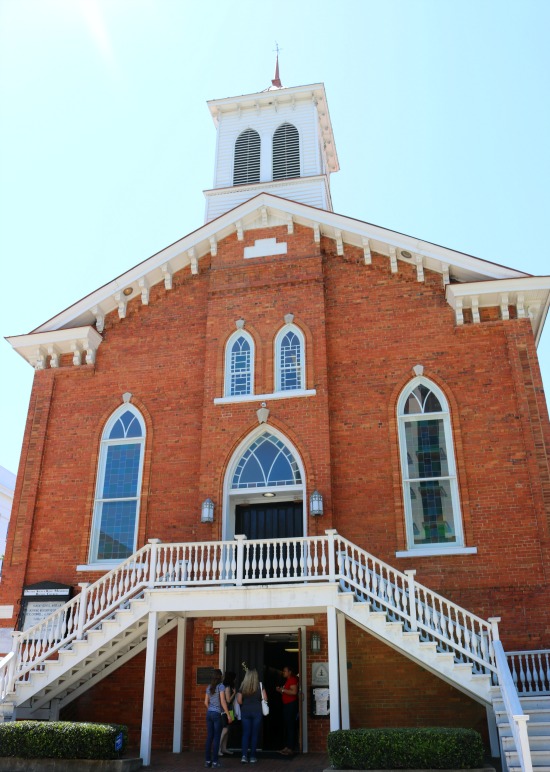Dr. Martin Luther King is known globally for his work in the Civil Rights movement. He, however, was also a pastor.
At the church where he led the flock, the Dexter Avenue Baptist Church renamed the Dexter Avenue King Memorial Baptist Church in Montgomery, Alabama in the United States has been designated as a National Historic Landmark since 1974.
“On January 1, 2008 the US Government also submitted it to UNESCO as part of an envisaged future World Heritage nomination and as such it is on the UNESCO ‘Tentative List of World Heritage Sites’.

“In 1978 the official name was changed to the Dexter Avenue King Memorial Baptist Church, in memory of Martin Luther King Jr., who was pastor there and helped to organize the Montgomery Bus Boycott in the church’s basement. The church is located steps away from the Alabama State Capitol.
“The Dexter Avenue King Memorial Baptist Church first known as the Second Colored Baptist Church congregation was organized in 1877. The church trustees paid $270 on January 30, 1879 for a lot at the corner of what is now Dexter Avenue and Decatur Street. The first church building was a small wood-frame building; it began to be replaced by the current structure in 1883. The new brick building was not completed until 1889. The church began serving the broader African American community on October 3, 1887 when it hosted the first registration of students for Alabama State University.

“This community service continued into the 20th century with activities associated with the Civil Rights Movement. In 1899, Selma University cofounder William H. McAlpine became pastor. Vernon Johns, an early leader of the Civil Rights Movement, served as pastor from 1947 to 1952. He was succeeded by Martin Luther King Jr., who was pastor of the church from 1954 to 1960, and organized the Montgomery Bus Boycott from his basement office.”
Near the church is the Dexter Parsonage Museum, which served as home to 12 pastors of the church between 1920 and 1992.

Dr. King’s office can be viewed in the basement of the church preserved nearly as it was when he worked there. The basement also served as a place where so much of the Civil Rights movement was planned.
There is an expert commentary on the history of the church and the Civil Rights movement by a guide. A separate parsonage tour of the home Dr. King lived in from 1954-1960 is also available at a fee.
Weekly services meanwhile continue to be held for parishioners.










